Sustainable Industry, Energy, Transport and Infrastructure
Mountains are a key source of energy, providing biomass fuels (wood, agricultural residue) as well as non-renewable fossil fuels. In general, power production in the Carpathian region relies mainly on fossil fuels, followed by nuclear, hydro and renewable energy sources. Some Carpathian countries hold important fossil fuel reserves, although total proven oil and natural gas reserves are limited. The Carpathians are also rich in minerals and metals and, therefore, suitable locations for extractive industry. After the political changes in 1990, industrial production in the Carpathian region dropped dramatically. Today, mining and metallurgical industries do have an important share in the regional economy, as do chemical, petrochemical, cement, engineering, pulp and paper, food, textile and furniture industries.
Recognising the particular vulnerabilities of mountain areas and targeting the protection of the environment and human health, article 10 of the Carpathian Convention is devoted to Industry and Energy. It requires the parties to take measures and introduce activities to promote cleaner production, to provide adequate response to industrial accidents and mitigation systems, to promote environmentally sound methods of energy production, distribution and use, to facilitate the use of renewable sources, to implement energy-saving measures and to reduce the environmental impacts of mining.
Industry and energy are closely related to transport and infrastructure, which plays an essential role in economic and social development. The Carpathians region’s transport has been affected by the changes of the political and economic system. There are substantial differences among Carpathian countries in respect to infrastructure and transport performance. Nevertheless, all have to make serious efforts to comply with the European standards. The Carpathian mountain chain still represents a traffic barrier particularly for the railways, highways, and international traffic corridors which affects the accessibility of the Carpathian region.
Article 8 of the Convention contains a general obligation for the parties to pursue policies for sustainable transport and infrastructure and to cooperate to achieve this goal.
Related Working Groups and Initiatives
Protocols and related Strategic Documents
Selected Documents
Related projects
- TRANSGREEN: Green and Grey Infrastructure in the Carpathians
- Access2Mountains – Sustainable Mobility and Tourism in Sensitive Areas of the Alps and the Carpathians
- Alpstar – Toward Carbon neutral Alps-Make best practice minimum standard!
- Alpine-Carpathian Corridor (AKK)
- Carpathian Project – Protection and Sustainable Development of the Carpathians in a Transnational Framework
Vienna Programme Office
Secretariat of the Carpathian Convention
UN Environmnent
Vienna International Centre
PO Box 500
A – 1400 Vienna
Tel: +43 1 260 60 83038
Mail: info.carpathianconvention@un.org
TOPICS:
Large Carnivores
Education for Sustainable Development
© Secretariat of the Carpathian Convention
POWERED BY:

